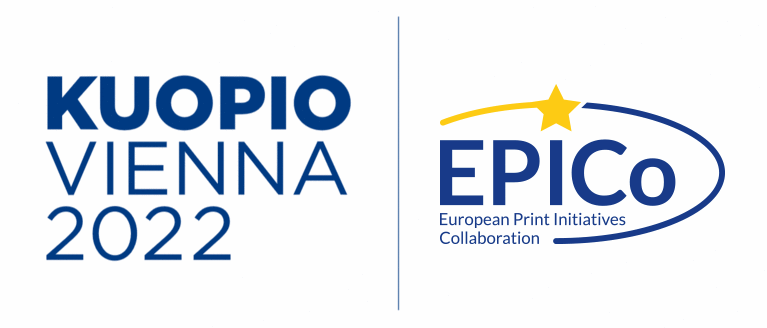Abstracts and Curriculum Vitae
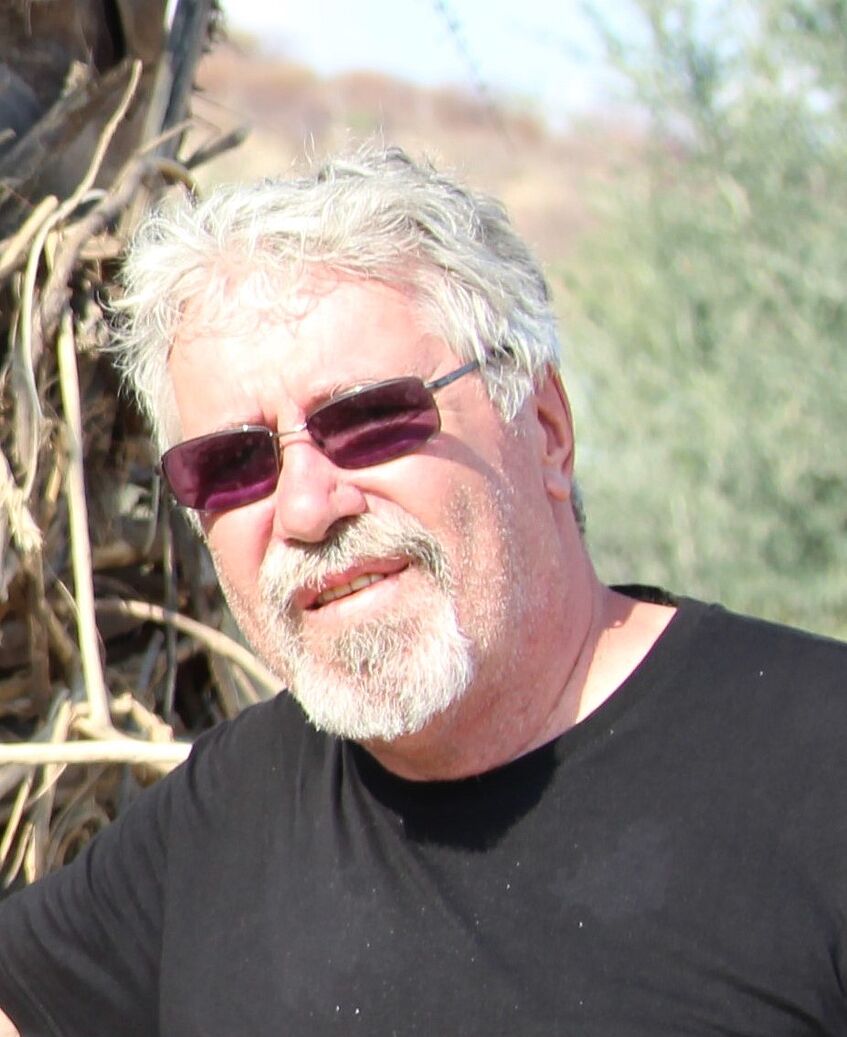
Pentti Vattulainen
Biography:
Pentti Vattulainen is a Finnish librarian who has long worked in the National Repository Library (NRL) of Finland, in fact 9435 days since 1992. Retired 2017. From the beginning of his work career in NRL Pentti has contributed to its development to be a leading international model of a functioning repository as a shared national storage facility and an interlibrary lending centre.
Pentti has written dozens of article on resource sharing and collection management in Finnish, Nordic and International journals. He has written a study on Performance of Interlending in Nordic Academic Libraries, 2003. He was the chief editor of the fifth edition of Handbook on the International Exchange of Publications, De Gruyter, Saur 2005. He is co-editor of Repositories for Print: strategies for access, preservation and democracy, De Gruyter, Saur 2018.
In IFLA he has been the chair if two committees: Acquisition and Collection Development (2007-2011) and Document Delivery and Resource Sharing (2013-2017).

Alicia Wise: Time is the Thief of Memory: book and journal publishing, open access and long-term digital preservation
Scholarship is increasingly born digital, and there are benefits to ensure it is preserved digitally for the long-term too. There are many challenges at present, and I will focus on those related to some of the current trends in book and journal publishing including the rise of open access, library publishers, and digital scholarship.
Biography:
Alicia Wise is the Executive Director of CLOCKSS, and also an independent consultant advising libraries, funders, and publishers on sustainable strategies for transitioning fully to open access. She was originally an archaeologist and gained her first digital preservation experiences with the Archaeology Data Service.
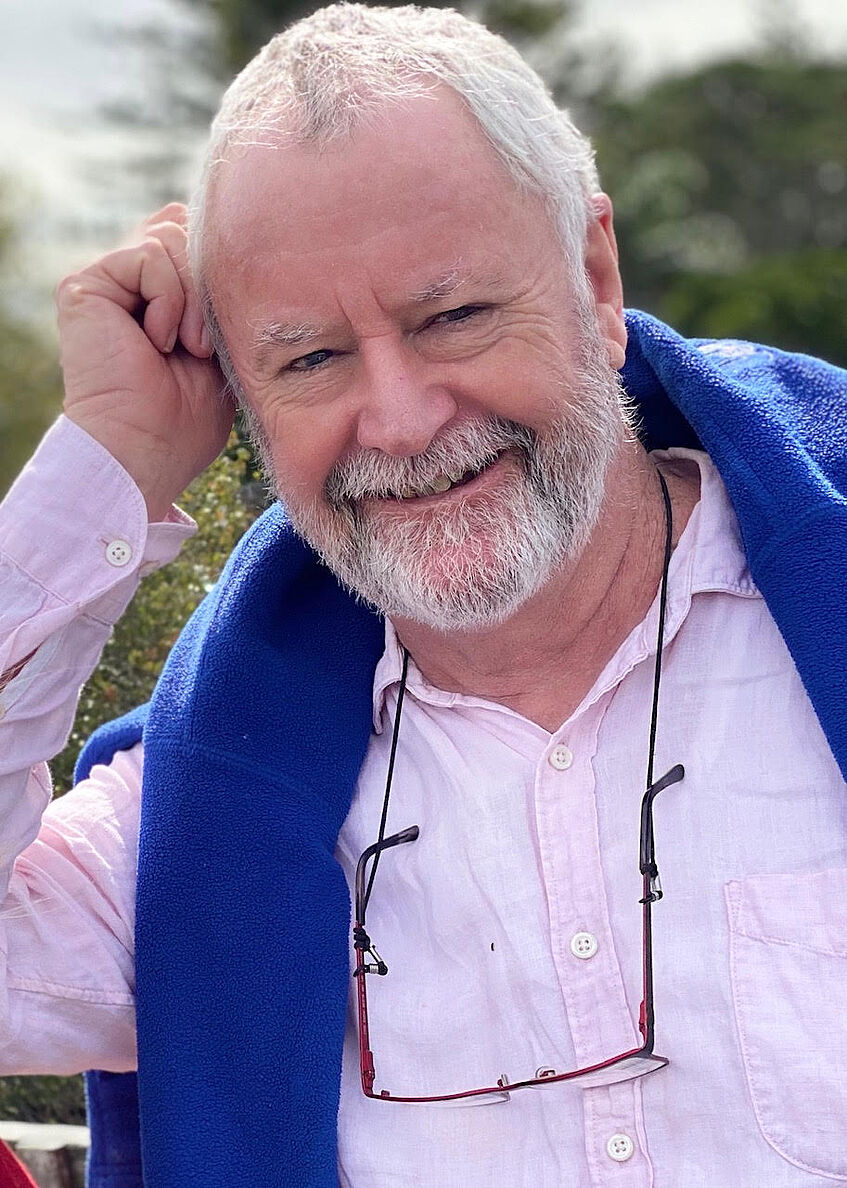
Steve O’Connor: Challenges facing Repository Libraries
Repository Libraries have not been in the mainstream literature except through the concerted and insightful efforts of the Kuopio Conferences. Such libraries have grown in number and complexity across the globe. They have defied the doomsayers who insisted that print was dead. What is the role between the relegation of the discarded and the storage future of our repository libraries?
Biography:
The author is a seasoned International Librarian who has managed large libraries and repositories in Australia but also in Hong Kong. He has been fortunate to travel and learn from colleagues the world over. He has attempted to show foresight, to chart and discuss developments where libraries should respond to user need while anticipating disruptive change and not being forced into unprepared change. He has been lucky to have been able to influence the opportunities to reshape what libraries are and how they should see their future.
He has had a long association with Repository Libraries, their management and the highly influential Kuopio conferences. This paper is an attempt to draw these experiences into a meaningful set of observations focussing on the future.
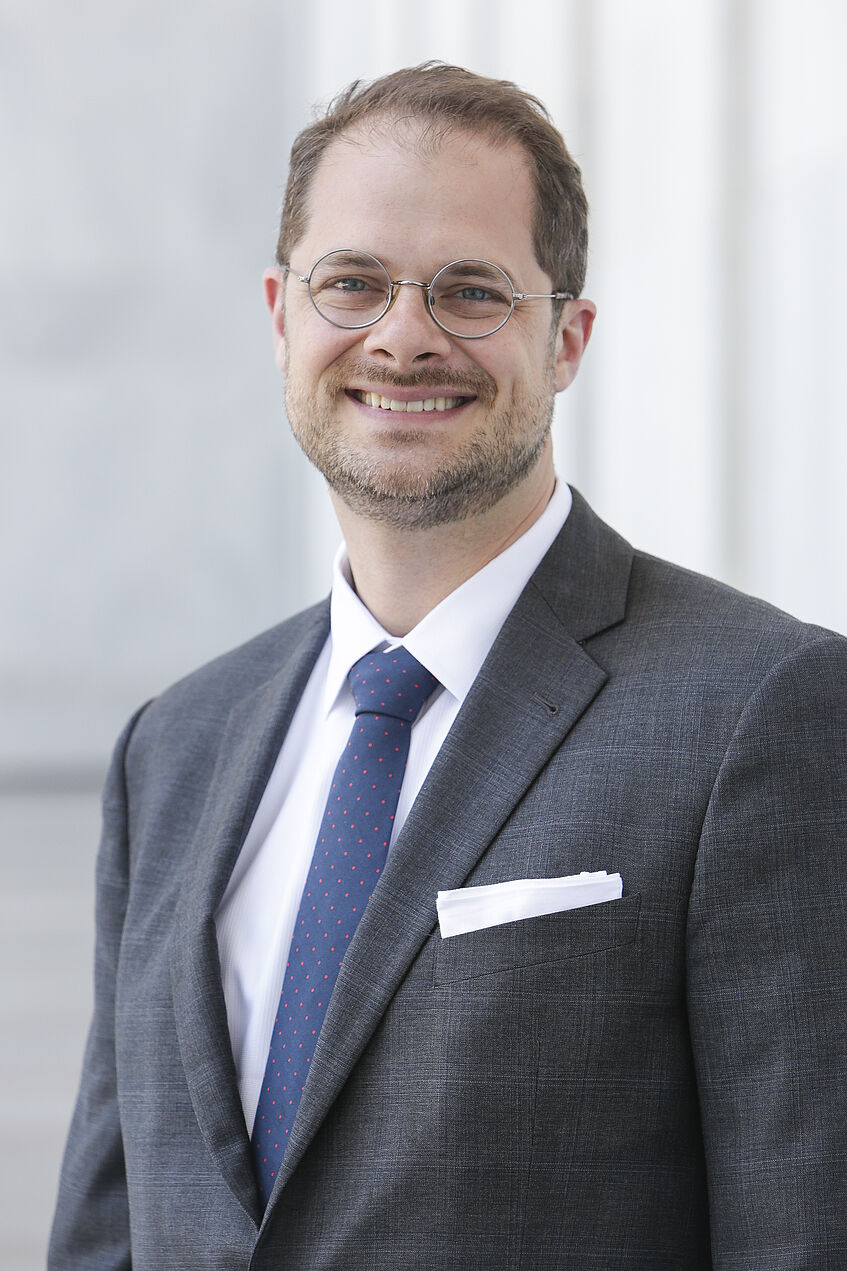
Jacob Nadal, Erin Engle: Renew and Recycle: Developing Sustainable Preservation Strategies
The Library of Congress is engaged in an effort to ensure the health and sustainability of its preservation program. This presentation will explain how the preservation management team re-evaluated and re-imagined its work through a series of workshops, cost studies, and planning exercises. This has led to a new way to respond to changes in immediate operational requirements across strategic planning cycles, while still making progress on large-scale preservation needs. This includes planning for the workforce and fiscal resources needed to maintain a rich array of options for use of the collections over the long term.
Biography:
Jacob Nadal is the Director for Preservation at the Library of Congress. He was appointed to the position in July 2017. Nadal manages the work of the Directorate’s four Divisions — Collections Management, Conservation, Preservation Services, and Research and Testing — and provides leadership for the Library’s stewardship of the national collections. Before joining the Library of Congress, he was Executive Director of the Research Collections and Preservation Consortium (ReCAP) and he has served in leadership roles and developed preservation programs for the Brooklyn Historical Society, UCLA, New York Public Library, and Indiana University, where he received his Master’s Degree in Library Science. His work has involved developing large-scale cooperative programs to share and preserve research materials, organizing preservation efforts in the aftermath of natural disaster or armed conflict, and developing professional capacity through his service as an educator and work on standards development for many aspects of physical and digital preservation.
Erin Engle has been the Special Assistant to the Director for Preservation at the Library of Congress since 2016. She coordinates with the Director to provide fiscal, operational and strategic program support in the day-to-day management of the Preservation Directorate. Before joining Preservation in her current role, she was a Digital Archivist with the National Digital Information Infrastructure and Preservation Program (NDIIPP) Library, which focused on building partnerships and communities around archiving and preserving born-digital content, and where she coordinated and contributed to communications, outreach events, and social media activities. She received a Master’s of Library degree from The Catholic University of America where she did coursework in cultural heritage information management, and her work interests intersect around physical and digital preservation practices and policies to meet the Library’s strategic goals.
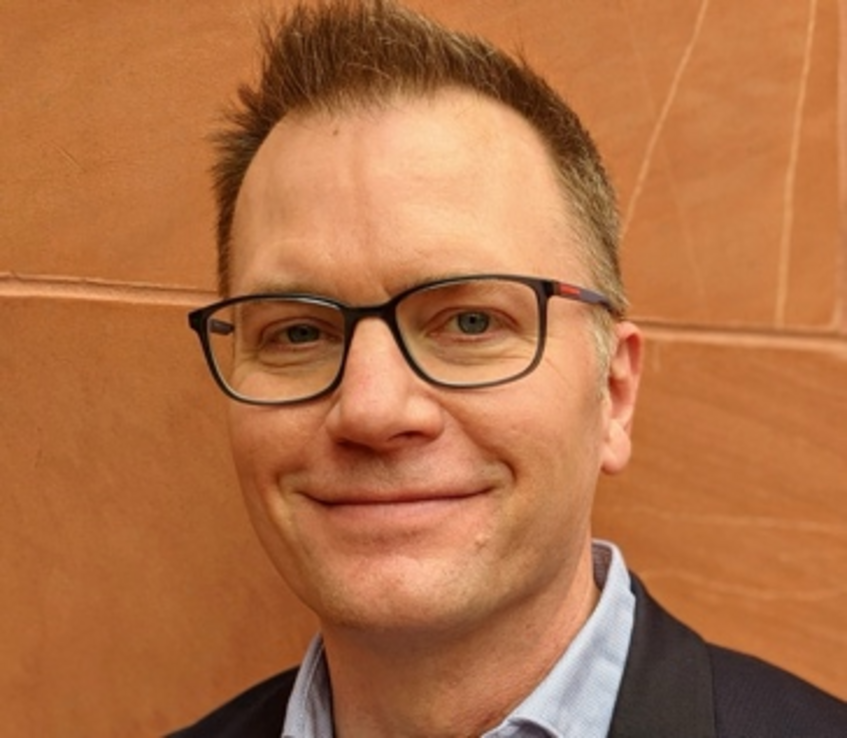
Joseph Hafner: North: the Canadian Shared Print Network / Nord: Réseau canadien de conservation partagée des documents imprimés
A national shared print network was established in Canada in 2021, which is called North/Nord. It came about after the work of the Canadian Collective Print Strategy Working Group worked from July 2018 until 2021 to take the first steps towards a shared print network and analysed Canadian government documents in hopes to lead to shared print commitments. Since the formation of this new shared print network in the fall of 2021, we have hired a coordinator and begun working on three projects to move shared print forward in Canada. These projects are all related to Canadian resources with a focus on government documents, university presses and indigenous materials. This presentation will share the history of this group, lessons learned and where it is going next.
Biography:
Associate Dean, Collection Services, McGill University Library. Joseph is the former Chair of the IFLA Acquisition and Collection Development Committee and was lucky to be part of an IFLA satellite meeting in Kuopio related to storage in 2012. He was part of the Canadian Collective Print Strategy Working Group from 2018 to 2021 and has been part of the national shared print network in Canada called North/Nord since it was formed last fall. He is currently on the HathiTrust Program Steering Committee, where one topic of concern is the HathiTrust Shared Print Program, which McGill has participated in since it was created. He is currently also on committees for the the Quebec university libraries (BCI) shared print network.
Saskia Wenzel, Danielo Methke: De Gruyter Book Archive - Lessons learned from digitizing and archiving 270 years of academic content
De Gruyter has reached the final stages of its mammoth digitization project – the De Gruyter Book Archive. Embark with us on a journey over five years and nearly 30,000 digitized books from two and half centuries of humanities research. In this session, Saskia Wenzel and Danielo Methke will answer the three main questions: “What are key lessons learned?”, “What kept us going during the difficult phases of the project?” and finally: “Would De Gruyter do it again?”
Biography:
Saskia Wenzel – Senior Manager Publisher Partnerships, De Gruyter
Danielo Methke – Business Process Manager, De Gruyter
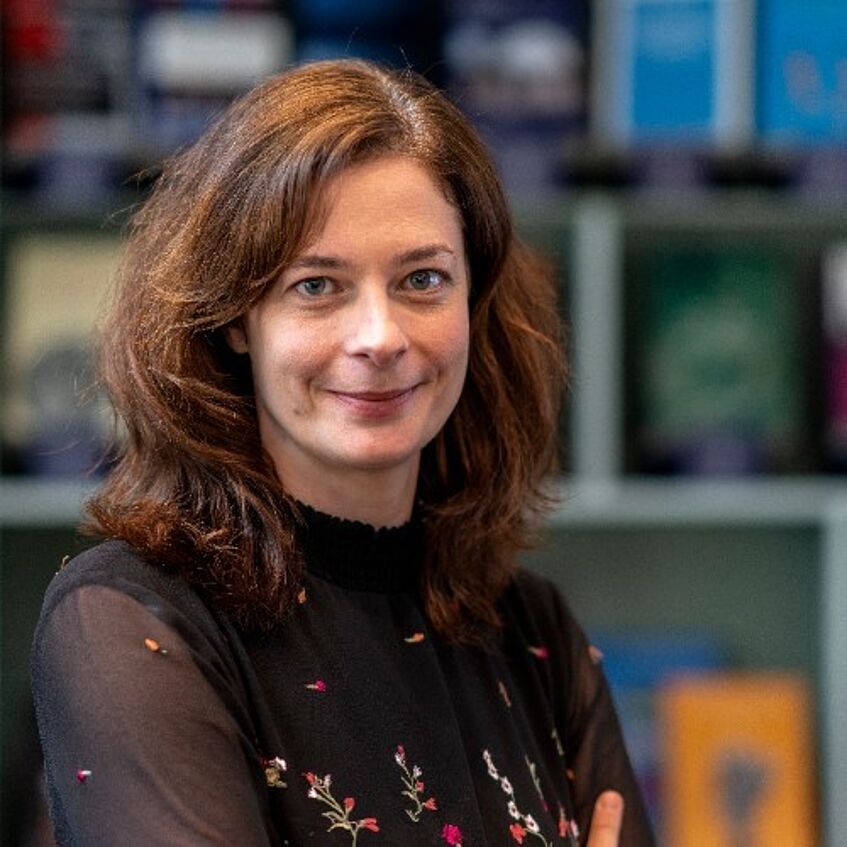
Jasmin Lange: Preserving the Past: Digitizing & Archiving Primary Sources
Research in the Humanities would not be possible without access to primary sources. In this session, we will dive into the world of Brazilian film magazines, US intelligence files and a Qur'an hidden by monks in Venice. By curating and digitizing primary source collections, we not only make rare materials more accessible, we also enrich, preserve and archive documents and research objects for generations to come.
Biography:
Jasmin Lange is Chief Publishing Officer at Brill, a medium-size humanities publisher founded in 1683. As member of the management board, she is responsible for Brill's publishing strategy and leads a team of 100 editorial staff in the Netherlands, Germany, the US and Austria. She started her career at Brill in 2011 as Associate Editor and later specialized as Director Business Development in M&A, licensing, and open access. Before joining Brill, she worked for book seller Blackwell's, an academic network based at the University of Edinburgh, and completed a PhD in book history and a master's degree in business management. Jasmin believes in close cooperation between scholarly communication stakeholders and serves as board member at the STM Association, the Center for Research Libraries, and the SSH division of Dutch funding body NWO.
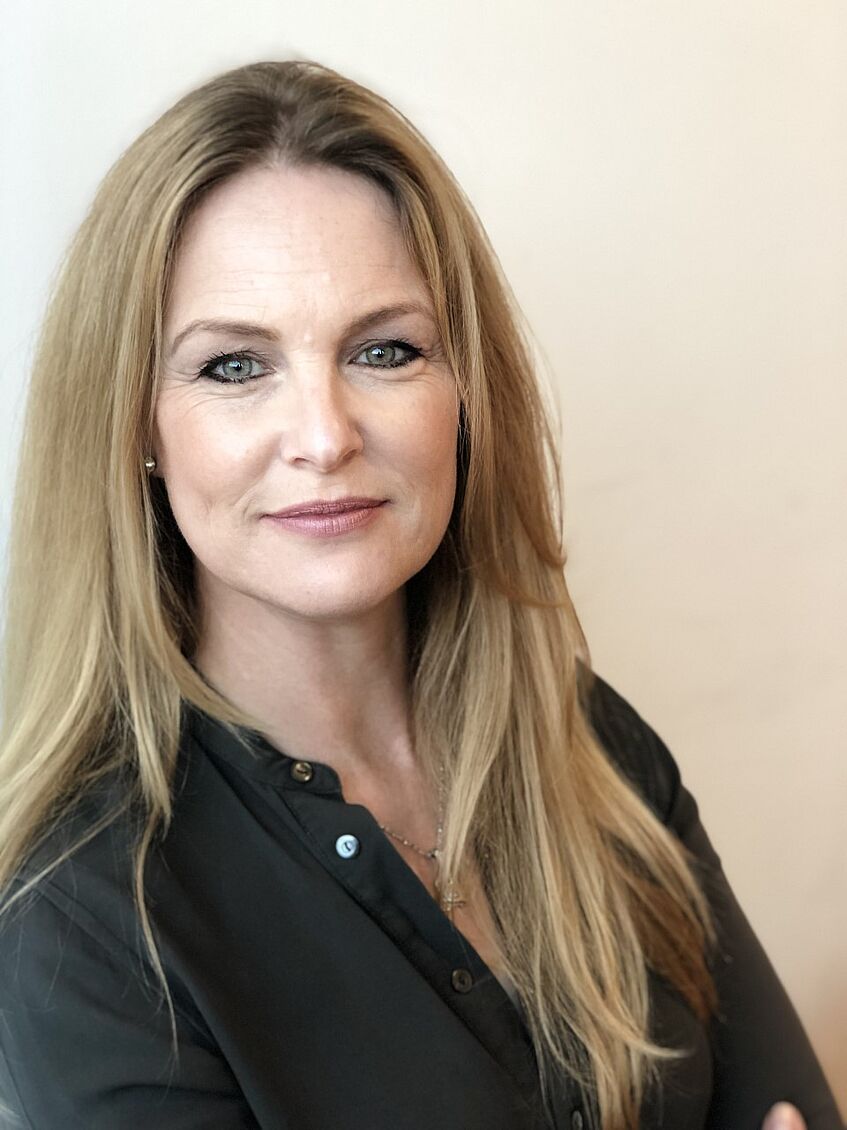
Melissa Abbots: Does archiving matter? The value of archived content and future challenges for digital preservation
In this session we will explore why archived content continues to be important for publishers, researchers and libraries. How are we ensuring access to content is maintained through initiatives such as CLOCKSS and what are some of the challenges we see on the horizon. Our session aims to give a publisher perspective on some of these topics, but also open up ongoing discussion with the library community on what research organizations need going forward.
Biography:
Taylor & Francis partners with over 3,000 universities and academic research institutions, offering high-quality content and resources that enable librarians to effectively meet the demands of students and faculty, and navigate the changing scholarly publishing landscape. Melissa Abbots joined Taylor & Francis in 2021 as Head of Sales, Digital Journal Archives, having previously held sales roles at a number of academic publishers including Oxford University Press and Wiley.
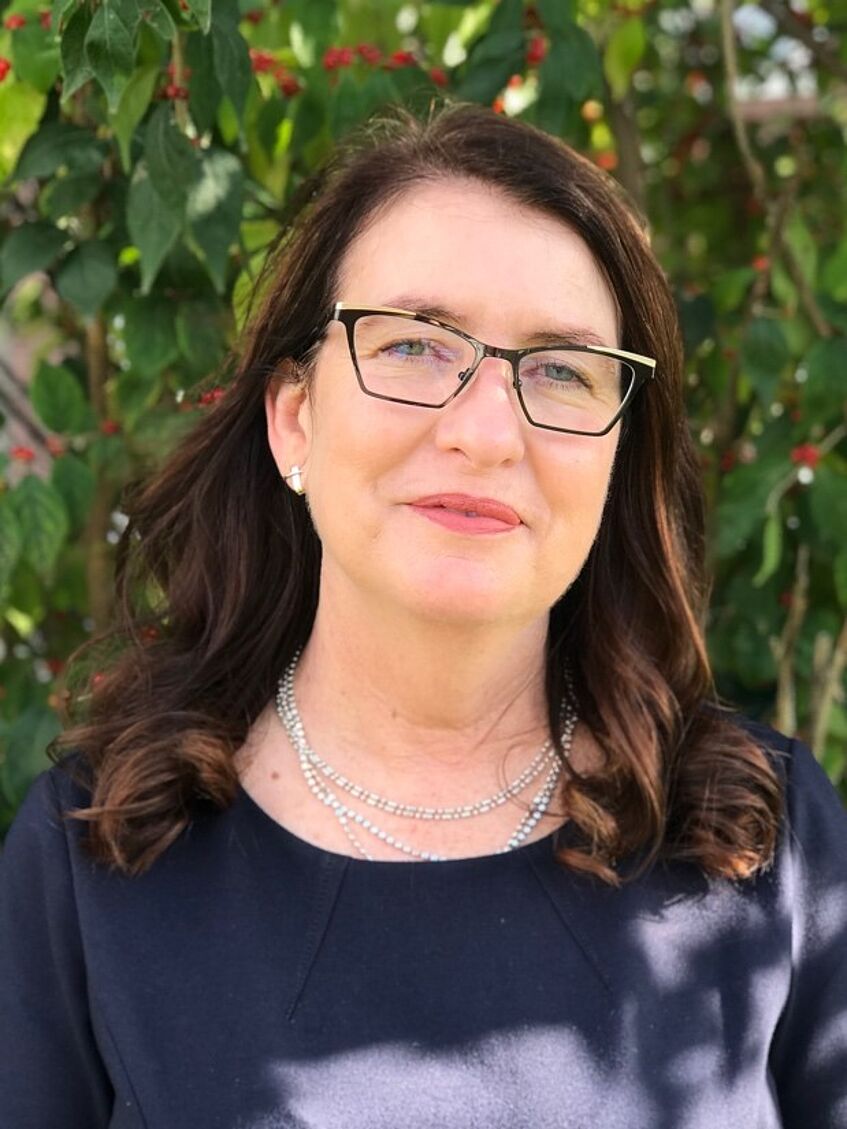

Gwen Evans, Steve Watson: How is the science literature ecosystem evolving and how do we ensure its availability?
As technology develops, researchers expect access to ever more advanced literature platforms and tools. In the event of a disaster, should we expect our archiving strategies to provide a basic level of access, or should they support more advanced discovery techniques, machine-reading options, and new content types?
Biography:
Gwen Evans is Vice President of Global Library Relations, Elsevier. Prior to joining Elsevier in 2020, Gwen spent seven years as the executive director of the state agency and library consortium OhioLINK. She held the position of Associate Professor and the Coordinator of Library Information Technologies at Bowling Green State University until 2012. She has extensive experience with all types of academic libraries and institutions including academic content contract negotiations on the consortial level, statewide affordable textbook initiatives including OER, and leading, maintaining and creating shared collaborative services in a technology-driven environment. She was active in the International Coalition of Library Consortia, serving as Chair of the Coordinating Committee. Her recent publications include an Ithaka S+R issue brief co-authored with Roger Schonfeld, “It’s Not What Libraries Hold; It’s Who Libraries Serve: Seeking a User-Centered Future for Academic Libraries” and “Creating Diversity in Libraries: Management Perspectives” in Library Leadership & Management with Mihoko Hosoi and Nancy S. Kirkpatrick.
Steve Watson is Director of Product Management, ScienceDirect, Elsevier, focusing currently on open access and text and data mining. Steve has worked for Elsevier from 1994 and held several roles across operations, editorial, and product development. His experience encompasses early digitization initiatives, journal and book publishing, and product development. He is a member of the CHORUS Technical Working Group and has contributed in the past to the STM working group on article sharing and the W3C TDM Reservation Protocol.

Stephen Flockton: Archiving in OpenScience driven publishing
IOP Publishing believes conducting science more openly can accelerate scientific discovery and as such we are committed to supporting the wider adoption of open practices across the physical sciences. In this session, we will discuss the challenges and opportunities for archiving in Open Science world from a publisher’s perspective.
Biography:
Stephen is a Content Architect at IOP Publishing, a society-owned scientific publisher, providing impact, recognition, and value for the scientific community. He has responsibility for all of IOP’s digital content assets across journals, books, and conference proceedings, including how they are created, processed, and distributed. Before working for IOP he has worked for a variety of academic publishers including Oxford University Press and Taylor & Francis. He is an active participant in cross-industry working groups and is a member of the NISO Information Creation & Curation topic committee.

Hugh Murphy: “all changed and changed utterly” – managing our metadata to manage our collections
As we strive to grow our library collections, the role and importance of ensuring useful and accurate discovery also grows. Where this was once simply a question of scale (more books = more catalogue records) we now see the added complexity of different media, different standards and, increasingly, different avenues of metadata creation and procurement. Each of these issues impacts discovery, but also collection management, preservation and security.
In this talk, we will use the library at Maynooth University as an example, highlighting the challenges we have encountered in managing a diverse set of physical collections and their attendant metadata. While many of these issues are universal, we will also consider the importance of local context and culture and how that may (or may not) resonate with what is now considered ‘best practice’ in the management of physical library collections
Biography:
Hugh’s current role involves leading the Collections and Content department, which takes responsibility for the development and curation of all library collections as well as associated process such as collection management.
He has worked previously in University College Dublin Library and in the National Library of Ireland as well as lecturing in Information and Library Studies in UCD and book history and archival studies in Maynooth University. He is currently pursuing doctoral studies in early 19th century history. Hugh’s main professional interests lie in the areas of collection development, library buildings, and resource description and he has published and spoken nationally and internationally on these topics.
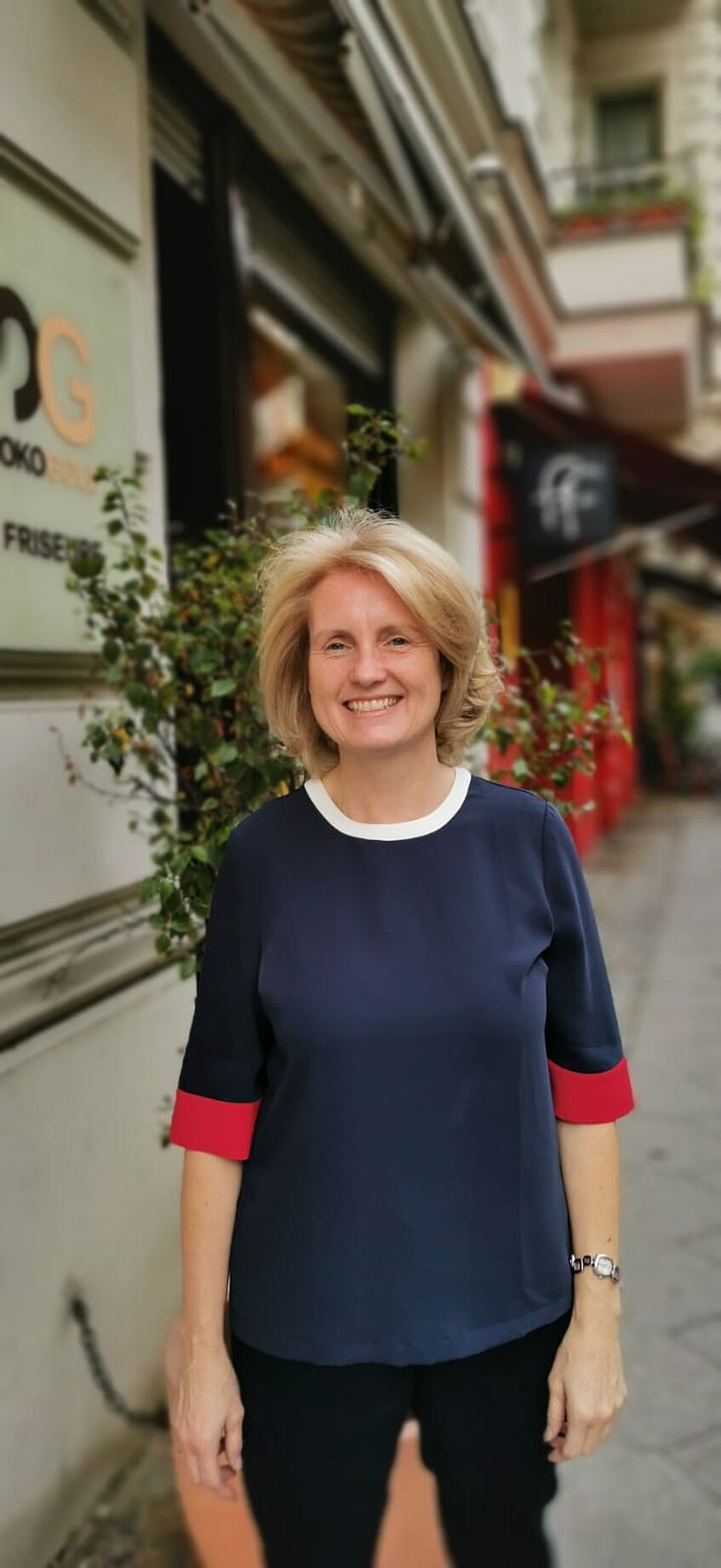
Silke Sewing: The application of the MARC 583 'Action note' in Austria and Germany: Documentation and evaluation in support of preservation and archival activities
In 2019, the MARC 583 'Action note' data element for inventory preservation and archiving was implemented in all union catalogs in Austria and Germany. This allows us to provide sustainable and transparent information about digitization, filming, mass deacidifation, and archiving measures and to make the data searchable in a standardized manner. Designed as a three-step process, data can be entered to document the measures have been carried out, planned or rejected. This is based on the guidelines set forth in PDA: Terminology. Using German Union Catalogue of Serials – Zeitschriftendatenbank as an example, areas of cooperative collaboration at the regional, supraregional, and national levels are explained. Data analysis is the starting point for controlling and optimizing processes.
The introduction of Field 583 was initiated in the Storage Network North, a merger of the North German libraries for joint archiving, and promoted by the Coordination Office for the Preservation of Written Cultural Heritage – KEK, located at the Berlin State Library. The successful uniform implementation of Field 583 as a central infrastructure was made possible by the cooperative collaboration of the union catalogs in Germany and Austria in the Consortium of Library Networks – Working Group for Cooperative Union Applications – AG KVA.
Biography:
Silke Sewing has been the head of the library services of German Union Catalogue of Serials at the Berlin State Library and a member of the AG KVA since 2010.
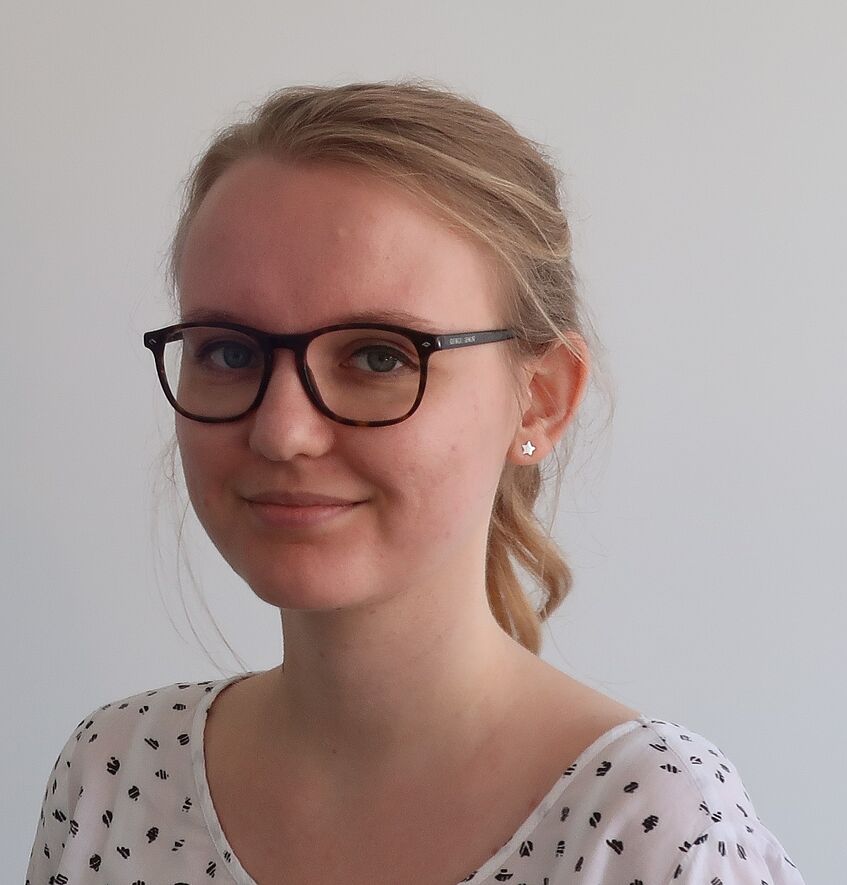
Lena Hassel: bwLastCopies - Identifying the Last Copy: Activities in the German state of Baden-Württemberg
Cooperative preservation has been an international topic for a long time. Germany’s neighbouring countries Austria and Switzerland have already taken measures for the cooperative preservation of printed resources.
The main objective of the project bwLastCopies - which was funded by the Ministerium für Wissenschaft, Forschung und Kunst Baden-Württemberg in the context of the BigDIWA program - was to support cooperative preservation in Baden-Württemberg. This goal was realized by the automated documentation of archiving commitments and the implementation of an inventory management system for the libraries in Baden-Württemberg to help examining the potential rareness of collections. The project was successfully completed in December 2021.
The presentation outlines the achieved goals and talks about the methods, obstacles and needed groundwork for the construction and workflows of a pragmatic, but effective solution for the cooperative preservation in libraries in Baden-Württemberg.
Possible follow-up projects like the expansion of the observed region, inclusion of periodicals or new cooperation partners have been evaluated in autumn 2020. The presentation will also address the results of this evaluation and the possible as well as the already planned next steps in cooperative preservation.
Biography:
2013-2017 Bachelor of arts in library and information management at Hochschule der Medien (HdM), Stuttgart
Since January 2018 working as a librarian in the Bibliotheksservice-Zentrum Baden-Württemberg (Team Verbundsystem). Focus on K10plus support, trainings, format and cataloguing regulations.
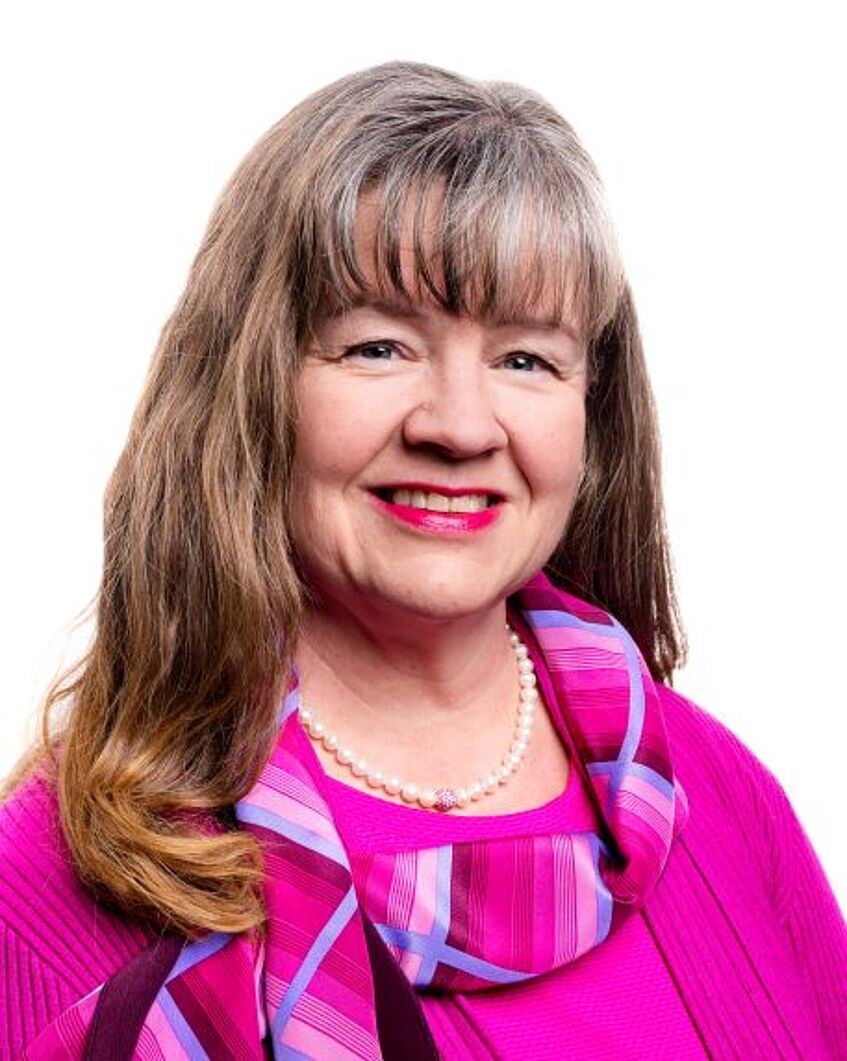
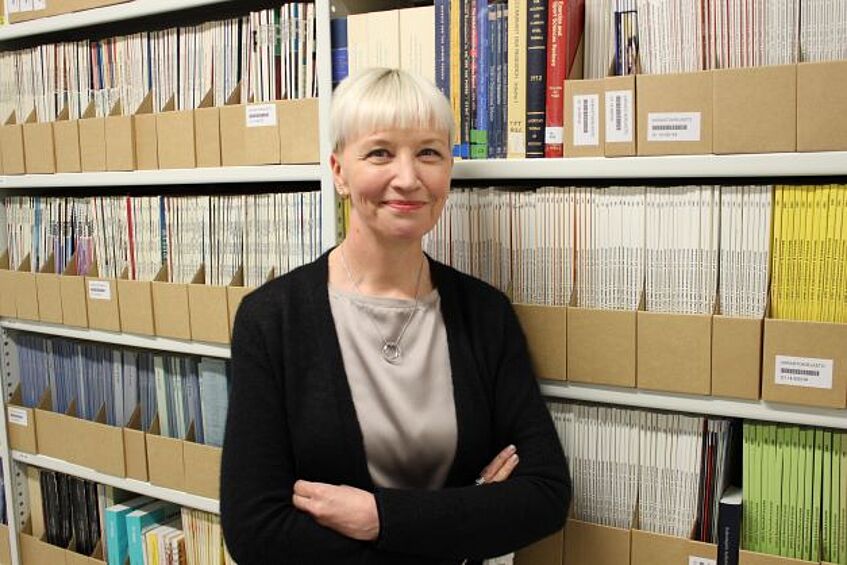
Anne Koivisto, Johanna Vesterinen: AIRUT Project: Interface and management of ISO 18626 based Interlibrary loans in National Repository Library of Finland
• Implemented by: National Repository Library in Finland
• Grant form: Special grant for the development of science
• Financed by: The Ministry of Education and Culture
• Theme of the project: Easy customer-based accessibility and usability of the National Repository Library's material
• Target groups: All library sectors with their customers
• Keywords: ILL, ISO 18626, customer service, customer interface, OPAC, LMS independence API, ReShare, information search, accessibility, National Repository Library
The AIRUT project has been started in the National Repository Library to implement Interlibrary loan management in accordance with the ISO 18626 standard. The provision of an interface to the National Repository Library's material to customer-operated interlibrary loans and article forwarding service for all library sectors. The ease usability of the collection stored in the National Repository Library and the clarity of information retrieval are emphasized when libraries transfer more and more of their own storage materials to the National Repository Library.
Biography:
Anne Koivisto - Project Manager, National Repository Library
Johanna Vesterinen - Library Director, National Repository Library
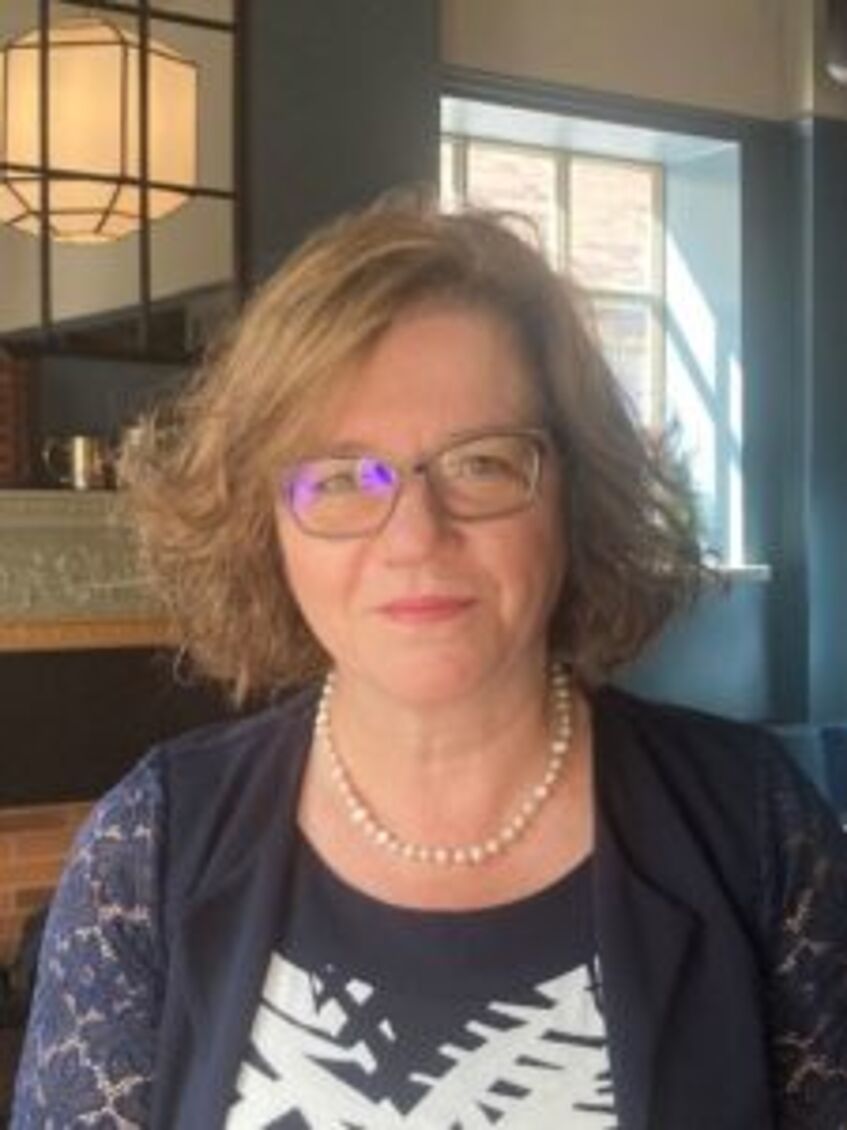
Chris Banks: From pilot project to national UK shared collection and service: collaboration and trust-building
Chris will outline the work of the United Kingdom Research Reserve (UKRR) project, which was established in 2007 to explore whether, through collaborative documentation, preservation and deduplication of low-use print journals, it would be possible to realize benefits through the generation of space savings across the UK’s Higher Education libraries. The session will explore some of the challenges and change needed to succeed.
UKRR was managed by Imperial College London in partnership with the British Library (BL) and between 2007 and 2019, 35 further libraries participated in the project. UKRR ran in three phases and has now transitioned to a service delivered by the BL which is available to libraries across the UK.
Biography:
Chris joined Imperial College in September 2013 as Director of Library Services (a role now expanded to include a cross-College Assistant Provost role). She has over fourteen years’ experience at HE library director level, and over 20 years in a variety of curatorial, management and strategic roles at the British Library. She started her library career in an opera house library.
Chris's areas of expertise include strategy, open science and scholarly communications, organisational change, public engagement, space, and her original discipline, music.
Chris is a member of the Jisc UUK Content Negotiations Strategy Group, she chairs the Jisc UUK Content Expert Group, she is an elected Board member of Research Libraries UK (RLUK), and a member of the SCONUL Content Strategy Group. As Head of UKRR, she oversaw the final phase of the project and the transition to a national service delivered by the British Library.

Andy Appleyard: Efficient and sustainable print storage: Back to the Future
The challenge of ever-increasing print collections is one that has confounded libraries over many years. When the UK National Lending Library was established in the 1960s, it adopted non-library processes and routines more often seen in industrial applications reflecting ‘users’ accessed the collection remotely and via a catalogue. In 2011, the British Library (BL) built on this original idea when developing a new storage facility. The ‘Automated Storage Building’ (ASB) employed the use of load handling (robotic) cranes to retrieve collections within containers for subsequent access at a workstation. Some of the key features included:
• High-density storage to minimise the cost per cubic metre.
• Reduced oxygen to provide fire suppression.
• Automated retrieval for efficient and safe access.
The above approach has subsequently gained traction around the world; indeed the BL built a second, similar repository in 2015 to store its large and valuable Newspaper collection. Now the BL is looking to build a third building, but with new technological innovations, including:
• Passive environment to limit the energy cost.
• Light, renewable materials for the main structure thus minimising the carbon footprint.
• Designed with extremely high level of ‘air tightness’ to maintain the environment.
• Supplement the plan with the deployment of renewable energy provision to create a zero carbon site campus.
The presentation will provide an insight into this exciting programme.
Biography:
Andy Appleyard is Head of Operations (North) at the British Library (BL) with the responsibility for the following services - Document Delivery and ILL, Reading Room delivery, Digitization Services, Licensing Partnerships, Customer Services, the Public Lending Right (PLR) and the UK Research Reserve (UKRR).
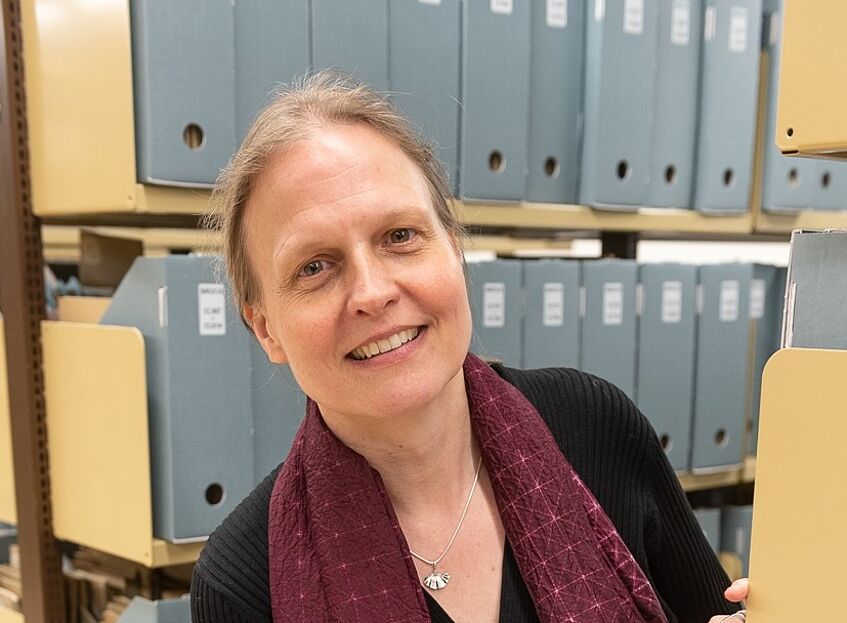
Foekje Boersma: Sustainable climate control for the collections of the national library of the Netherlands
The National Library of the Netherlands is developing a new remote storage facility for rehousing the entire collection (about 120 linear km). In an effort to move to more sustainable collection management, the new facility will be a super high density robotized storage, placed within a passive building structure. This presentation explores the concept of a passive storage environment in more detail.
Biography:
Foekje Boersma is Head of Collection Care at the National Library of the Netherlands. Prior to joining the library, Foekje worked as the program manager establishing the Managing Collection Environment initiative at the Getty Conservation Institute, a multiyear initiative addressing research questions and practical issues pertaining to the control and management of collection environments. In her current role she is implementing more sustainable climate control strategies at the national library as well as working on plans for a new remote storage facility using passive climate control.
Nadia Périgaud: The French national library will soon extend to Amiens
In 2021 the French national library took the decision to plan the building of a new storage and preservation centre. This facility will have a capacity of 200 linear kilometers of shelving. It will open in 2028 in Amiens (northern France). The project is currently in the programming phase.
Biography:
Nadia Périgaud is currently employed at the French national Library as administrative, architectural and functional manager. She is part of the team in charge of the new storage and preservation centre project in Amiens.

Gabrielle Richard, Guillaume Niziers: Cooperative preservation management of academic journals in French higher education libraries
Since 2017, the French Higher Education Ministry has been funding a cooperative network called CollEx-Persée between research institutions holding extensive library collections. The purpose is to offer enhanced services to the researchers. The shared preservation of academic journals is one of the programme selected by CollEx-Persée. It has been initiated earlier in the 2020s with the purpose to change attitude to preservation and to carry out preservation as a cooperative activity. CollEx-Persée has decided to extend it to more associated libraries and with increasing financial backing. Since 2020, a joint digitisation project aims to make available on the persee.fr portal the journals concerned by shared conservation.
Biography:
Gabrielle Richard is director of "Persée", French national program for the digitisation and electronic publishing of French language academic journals, since 2020. Librarian, she previously worked at the "Bibliothèque Diderot" in Lyon.
Guillaume Niziers has been holding the position of director of the "Centre technique du livre de l'enseignement supérieur" (France) since 2018. The CTLes is the depository library for print collections of higher education institutions in the Paris metropolitan area.

Gregory T. Eow: Shared Print Archiving in the United States: A State of the Field
For decades, research libraries have invested resources into building and curating what Lorcan Dempsey has called the “collective collection.” This presentation will provide an overview of shared print efforts in North America, place them in historical context, and outline priorities for shared collection building for the next 1-3 years. In particular, this talk will address the following questions: how might shared print be incorporated into all aspects of the collections management lifecycle, from selection through preservation? How can we build new levels of interoperability to most efficiently and effectively manage shared collections? How does a renewed focus on diversity, equity, and inclusivity offer new ways to think about – and advance – the collective collection, in line with the values of research libraries and archives?
Biography:
Gregory T. Eow (PhD, MLIS) is President of the Center for Research Libraries, responsible for setting strategic directions and overall CRL programming and services in collaboration with the CRL Board of Directors, CRL staff, CRL member libraries, and CRL strategic partners. Before joining the Center for Research Libraries in 2019, he served as the Associate Director for Collections at the MIT Libraries, where he led an administrative portfolio that included scholarly communications and collections strategy, digital preservation, acquisitions and metadata creation, and the Institute Archives and Special Collections. Eow has held previous appointments as Charles Warren Bibliographer at the Harvard Library and as Kaplanoff Librarian for American History at the Yale University Library. Eow currently serves on the Management Board of the MIT Press as well as the Board of Directors of the Chicago Collections Consortium. He is a member of the American Historical Association.
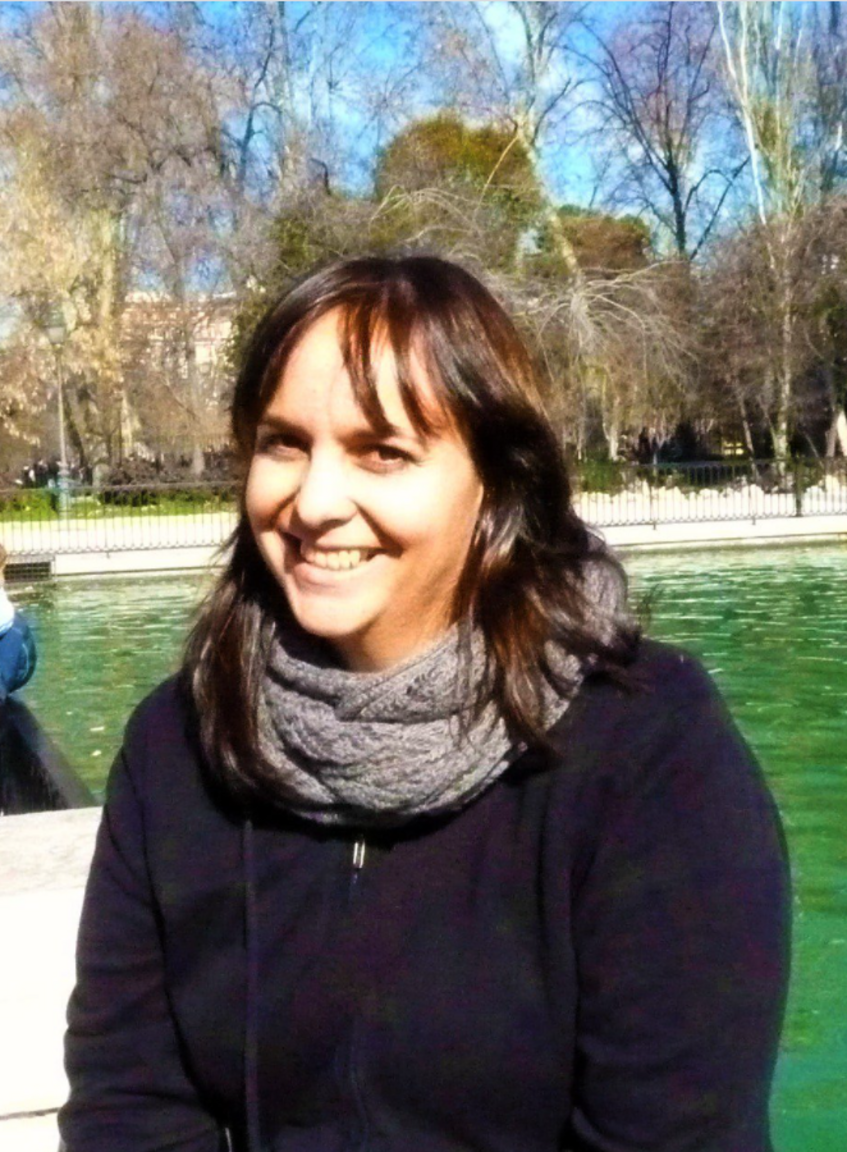
Amparo Llorente: Challenges in preservation and conservation of CSIC's institutional resources
The Spanish National Research Council (CSIC) is the seventh public research institution in the world. With over two million physical items and more than 600.000 electronic resources, preservation and conservation are not easy. We will approach the challenges that we have faced and how we got over them... and what we have ahead. Our Granado project is the Cooperative Conservation Storage Facility of CSIC Library and Archive Network. It guarantees the permanence and custody in the institution of bibliographic documents and collections that currently are used very occasionally but must be preserved in the long term because of their intrinsic value and scientific and heritage interest. Open to all types of documents on any physical medium: monographs, series, journals, reference works, maps, etc., the objectives of Granado are to optimize the use of space in CSIC libraries, prioritizing the ease of use and conservation of the most used printed documents, and to adequately preserve documents with little use, ensuring user access and long-term preservation of institutional heritage.
Biography:
Amparo Llorente works in the Servicios para centros y bibliotecas in the Unit of Information Resources for Research of the CSIC Consejo Superior de Investigaciones Científicas, the Spanish National Research Council at Madrid. She manages the Project Granado, the Cooperative Conservation Storage Facility of CSIC Library and Archive Network.

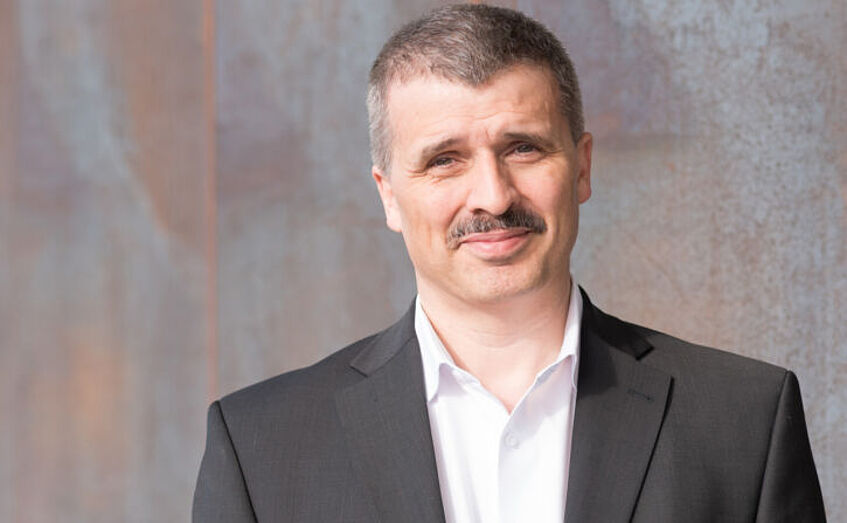
Daniel Tschirren, Mike Märki: The Cooperative Storage Library Switzerland (CSLS): a model for cost reduction?
In addition to optimal conservation storage conditions, the reduction of process and storage costs is an important key for the libraries and archives participating in the Cooperative Storage Library Switzerland (CSLS). To what extent have the expectations of the libraries been fulfilled after 6 years of operation, what were the key factors for achieving the goals and what is the CSLS doing to further reduce costs.
Neben der konservatorisch optimalen Lagerung ist die Reduktion der Prozess- und Lagerkosten ein wichtiger Schlüssel für die an der Kooperativen Speicherbibliothek Schweiz (VKSS) teilnehmenden Bibliotheken und Archive. Inwiefern haben sich die Erwartungen der Bibliotheken nach 6 Jahren Betrieb erfüllt, was waren die Schlüsselfaktoren zur Zielerreichung und was unternimmt der VKSS zu weiteren Kostenreduktion.
Biography:
Dani Tschirren studied History and Geography and has an MAS in Library and Information Science. From 2001 until 2014 he was head of customer services and facility management at the University Library of Basel and was involved in planning and construction of the CSLS in Büron. Since 2015 he has been Deputy Director of the Central and University Library Lucerne.
Mike Märki is CEO of the Cooperative Storage Library Switzerland and a member of the Board of Directors of Speicherbibliothek AG. Prior to this, he held various specialist and management positions in the management of major banks and in public administration. He completed the Executive MBA in Lucerne and, in addition to general management, has further specialisations in project and process management as well as ICT.

Claudius Herkt-Januschek: Speicherverbund Nord - A Regional Print Archiving Cooperative in Northern Germany
The Speicherverbund Nord is a print archiving cooperative of seven university libraries - some of them also acting as state libraries - from Northern Germany. Its scope is distributing and documenting the preservation duty for multiple journal holdings, based on a cooperation contract governing long-term responsibilities and access. In this presentation, the development process from a project idea to a regular collaboration will be shown. In addition, our concepts for optimising benefits and costs will be outlined.
Biography:
Claudius Herkt-Januschek is a subject librarian and data analyst in the department of acquisitions of Hamburg State and University Library, where he has been working since 2008. From 2016 to 2021 he was the head of the administrative office of the newly forming Speicherverbund Nord - Print Archiving Cooperative. He holds diplomas in physics and history of science and a master in library and information science.
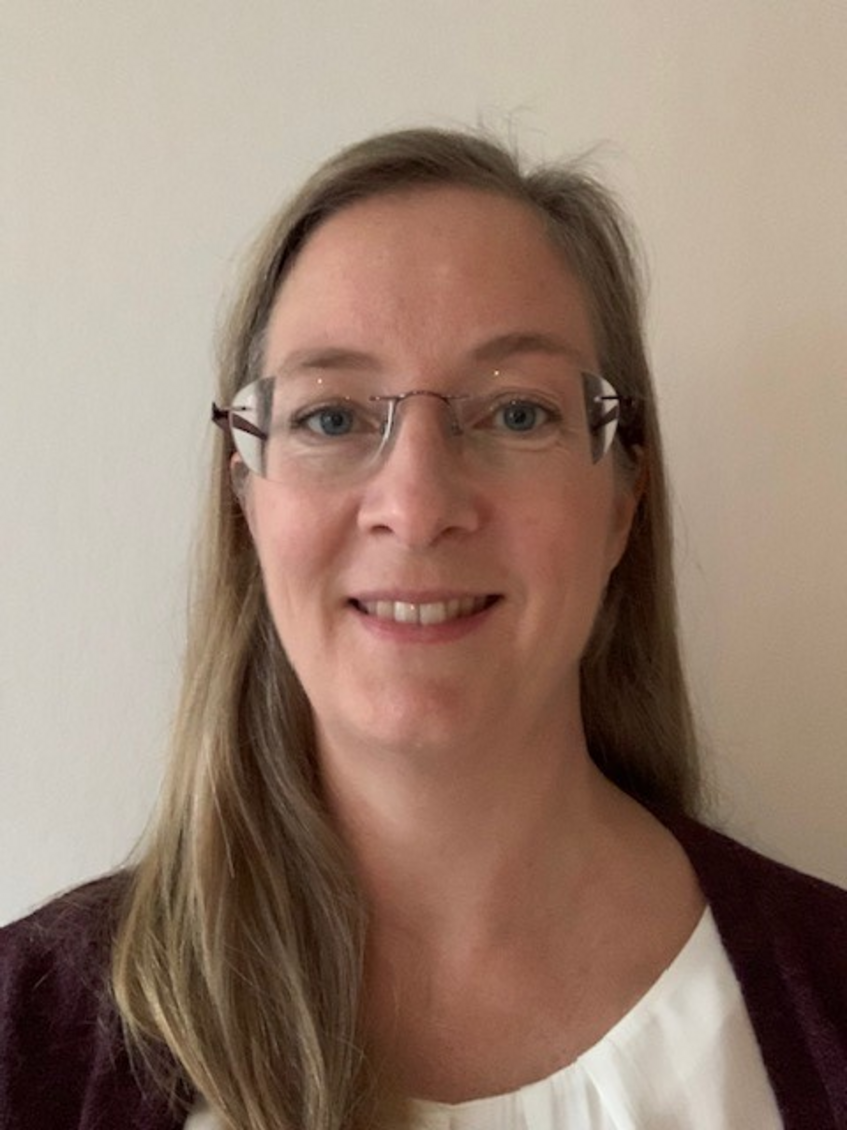
Karin Byström: First steps towards shared print collaboration in Sweden
In 2021 the French national library took the decision to plan This short presentation will report from the development in Sweden during the last few years and the recent letter of intent on shared print cooperation. During the last few years, there has been an ongoing discussion on the need for collaboration and coordination of weeding and preservation of print material. A report from 2018 and an investigation from 2020 showed that there was both a need and an interest from libraries to work closer together on maintaining their print collections. In 2021 a steering committee and working group was set up with participants from the National Library of Sweden, university libraries and special libraries. Recently, the steering committee agreed on a joint letter of intent on cooperation on weeding and preservation of print material and to take a joint responsibility for the long-term preservation of diversity and breadth in the collections. As a first step, the working group has started a national collection analysis using metadata in the national catalogue Libris. Hopefully, the analysis will point towards future areas of collaboration.
Biography:
Karin Byström is a collection development librarian at Uppsala University library. She is now a part of the working group for the newly started shared print collaboration in Sweden.
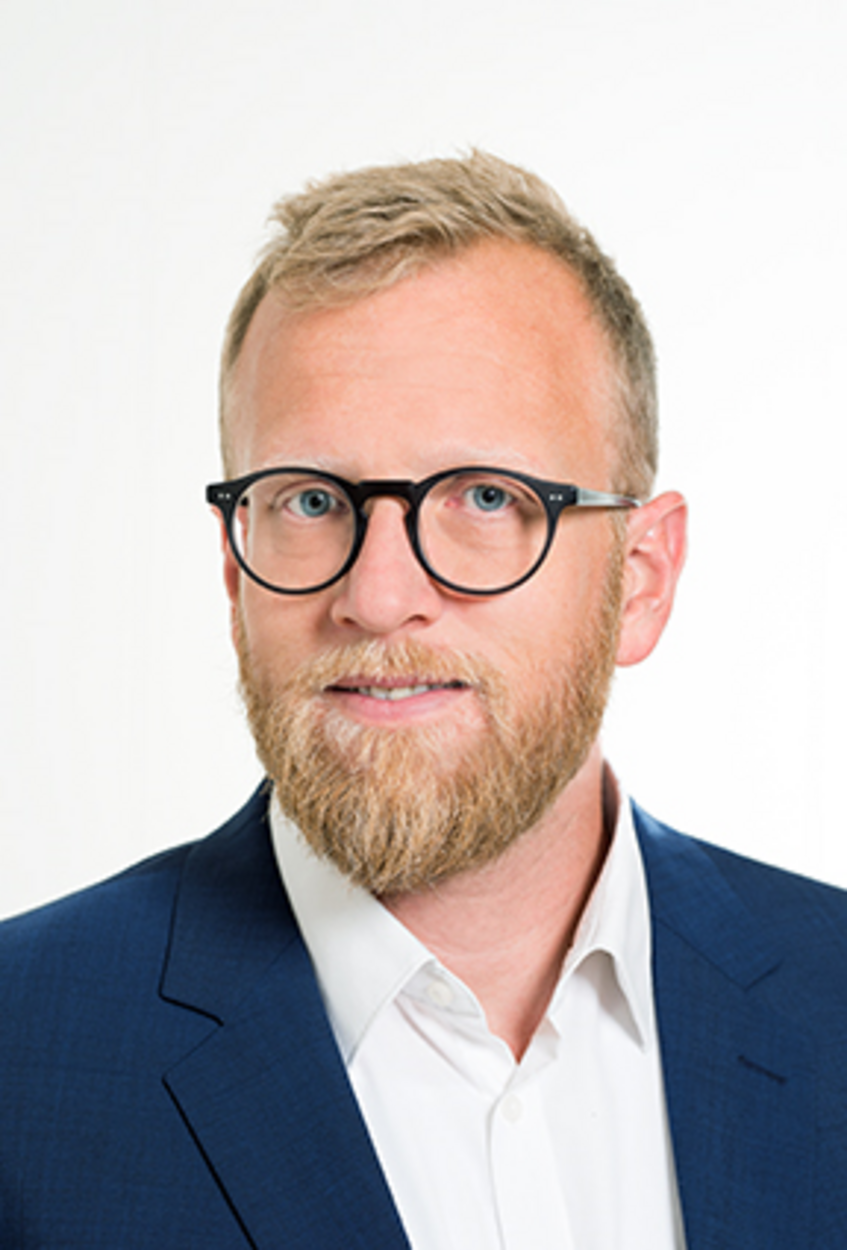
Hajo Boomgaarden: Books on Screen – Reading and Text Comprehension in the Digital Era.
Text messages on social media, online news or e-books: Reading on screens nowadays is omnipresent. Also in higher education we see an increasing use of digital media to distribute and read texts. Does the digitalisation of reading lead to changes in reading behaviour and reading experiences? Do readers comprehend texts differently when reading in print or digitally? Some argue that digitalisation would enable a more contemporary ways of distributing information and therefore to better comprehension. Others argue that digital reading leads to less focus and more shallow reading. The keynote discusses some state-of-the-art insights into empirical findings in reading research and discusses important differences between educational and leisure time reading.
Biography:
Hajo Boomgaarden is professor for Empirical Social Science Methods at the Department of Communication at the University of Vienna and founder of the Computational Communication Science Lab. His research looks at the portrayals of politics in the media and relationships between political communication and public opinion. The substantial focus is on election campaigns, migration, European integration, among others. He furthermore is interested in information distribution and reception through different modalities. He applies and advances innovative computational methods in communication science.
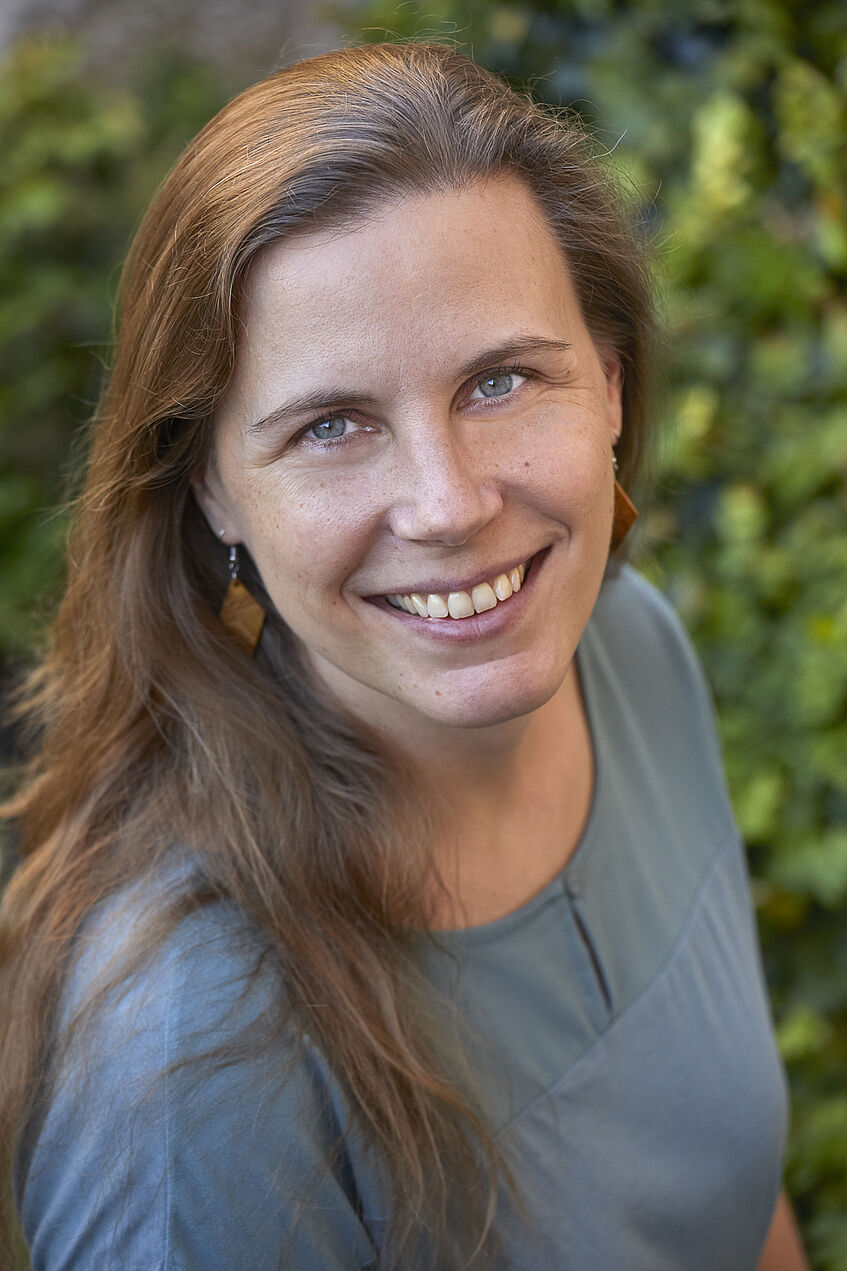
Cornelia Posch: On Site/ Off Site/ In Transit. Aspects of Emergency Preparedness and Risk Management for Library Collections
Whether a collection has been in a stable location for decades or has been moved three times in the last five years, whether its materials are for consultation on site only or are circulating, whether a library building is centuries old or a brand new construction – its books, journals, AV materials, manuscripts, and photographs are at constant risk of deterioration or destruction. This talk will share insights into potential risks to collections, as well as the benefits of a pro-active attitude towards risk analysis and emergency/disaster preparedness. Climate monitoring, emergency kits, risk assessments, and mutual aid agreements between neighboring institutions are only a few examples of measures an institution can implement to protect its holdings and guarantee preservation and access over time. Even without large expenditures or outside expertise, a motivated staff and supportive leadership can make a difference between a minor incident and a large loss.
Biography:
Cornelia Posch is a PhD Student in the Disaster Science and Management program at the University of Delaware, USA, where she also works as a Graduate Research Assistant in the E.L. Quarantelli Resource Collection at the Disaster Research Center. She holds a Master of Arts degree in Romance Studies/Italian Language and Literature from the University of Vienna, Austria, and a Master of Arts degree in Library and Information Science from Humboldt-University of Berlin, Germany.
In more than five years at the Bibliotheca Hertziana, Max-Planck-Institute for Art History, a research library in Rome, Italy, Cornelia developed her interest and skills in emergency preparedness in libraries, and the field of conservation and preservation. Her research at the University of Delaware will focus on the intersection of cultural heritage and disasters, investigating ways cultural assets need to be protected, as well as ways in which cultural institutions, in particular public libraries, contribute to community wellbeing and resilience. Cornelia collaborates in projects with DLDI (Delaware Libraries and Disasters Initiative), HENTF (Heritage Emergency Task Force), and DEMA (Delaware Emergency Management Agency) and is a volunteer with the National Heritage Responders.

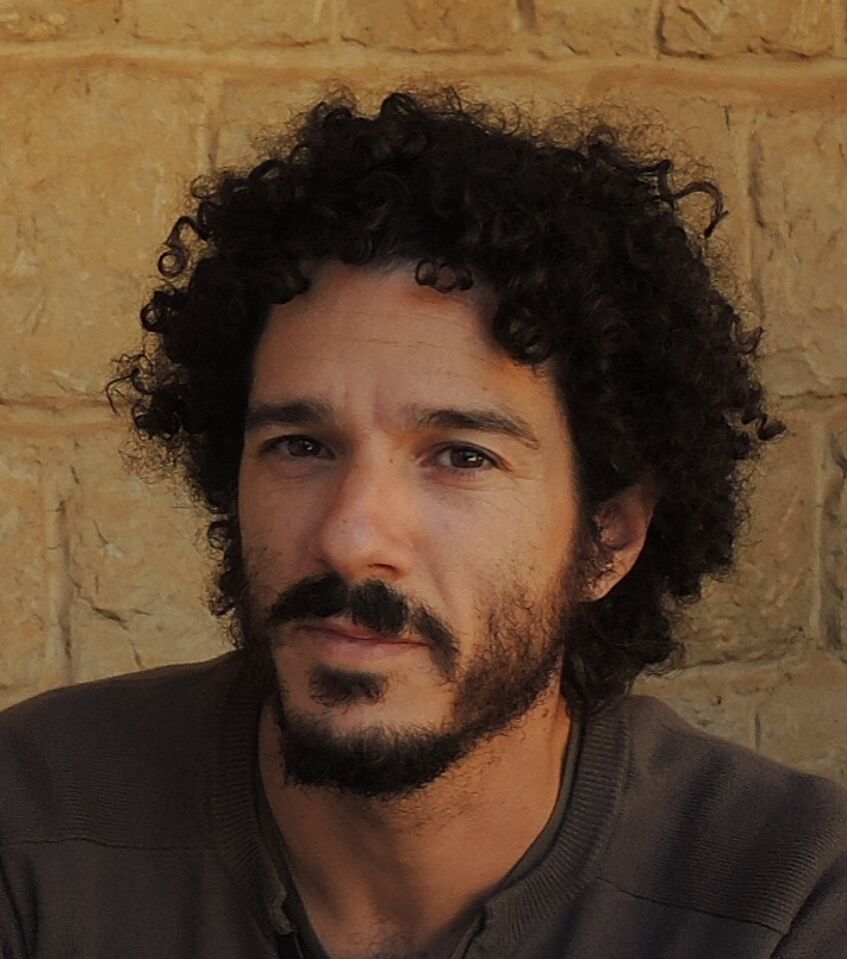
Zoe Gkinni, Nikolas Sarris: Conservation at the National Library of Greece: the transition's Aftermath
The conservation of books and archives in cultural organizations such as Libraries and archives, secures the longevity of the cultural wealth of its collections for current and future generations. Imagine now, the role and impact that conservation would play in a once in a lifetime transfer project of about one million books of the National Library of Greece (NLG). In 2018, the National Library, with a history of nearly two centuries and significant collections, moved its headquarters to its new building at the Stavros Niarchos Foundation Cultural Centre (SNFCC), a new landmark of Athens and one of its most celebrated cultural hubs. During a five-year preparation period, the Conservation Lab contributed to the successful collections’ transfer and installation. This paper codifies the Lab’s actions prior and after the collections’ transfer and extracts within a critical standpoint the main key lessons from the experience of the above transition from a collections’ conservation point of view, as well as the new opportunities and challenges emerging in the transition’s aftermath.
Biography:
Zoitsa (Zoe) Gkinni is currently employed at the National Library of Greece, as a senior book and paper conservator, working on various projects, including the conservation of rare collections and manuscripts, collections transfer and exhibitions, preventive conservation, and research projects. In 2017 she was part of the management team for the transfer of the National Library of Greece to its new premises. In the past, she had been working at the Directorate of Conservation for Ancient and Modern Monuments, Hellenic Ministry of Culture. As head of the Paper conservation lab she organized and supervised conservation actions on various paper-based materials, such as manuscripts and printed codices, works of Art on paper, archival materials but also objects from mixed materials such as paper, leather and textile. She has also worked as a consultant on various projects in major international museums and designed and delivered a training workshop for UNESCO. She has an extended experience as an instructor and lecturer at the for the National Centre for Public Administration and Local Government, the University of West Attica and the National Kapoditrsian University.She graduated from the Department of Conservation of Antiquities and Works of Art – University of West Attica, Greece and continued her studies in Camberwell College of Arts -The University of the Arts, London, with a Master of Arts in Conservation. In 2012 she was awarded a PhD from the Department of Cultural Technology and Communication, University of the Aegean, Greece. She publishes and presents her work regularly in conferences and journals, and is a Fellow of the International Institute of Conservation of Historic and Artistic Works.
Dr. Nikolas Sarris is a book and paper conservator at the National Library of Greece. He has been a lecturer of book and paper conservation at undergraduate and postgraduate courses in Greece and a book conservator at the British Library. He worked as the supervisor of the conservation laboratory at the monastery of St John Theologian, Patmos, Greece, where he also organized the “Patmos Workshops on Conservation and Historic Bookbinding”. He was a member of the St Catherine’s Library Conservation Project team since 2001 and the Thesaurus Islamicus Foundation for conservation and training projects at the National Library of Egypt, Cairo. He collaborated with the Ethio-SPARE project on the preservation and on-site conservation of Ethiopic manuscripts in Tigray, Ethiopia and with UNESCO on preservation training in libraries of Iraq. He has lectured widely on the topics of book conservation and archaeology of bookbinding. He received his PhD from the University of the Arts London on the study of tool decorated bookbindings from the Monastery of St Catherine in Sinai, Egypt.
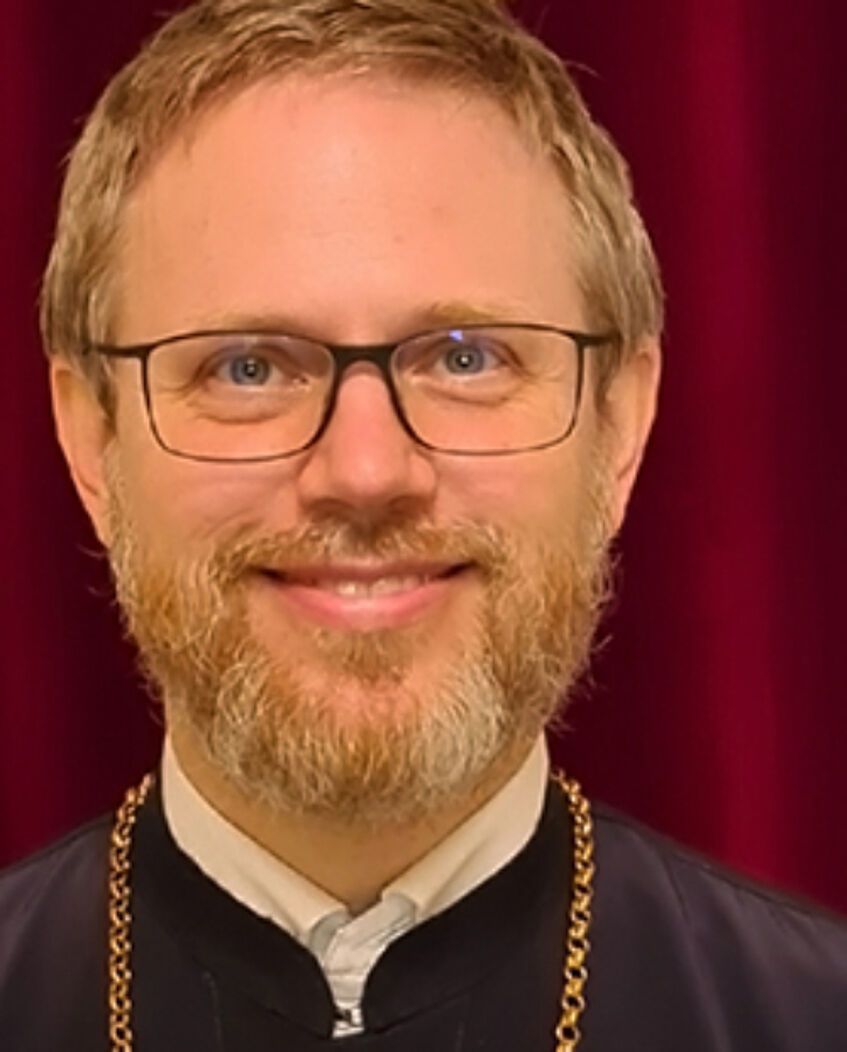
Nikolaus Rappert: “Near, far, wherever they are” … Strategies for a Print-Book-Repository in Vienna
Having a collection of 7.7 million printed books and almost 50.000 active users, the Vienna University Library is struggling to provide enough space for both collections and library users. Especially in the Main Library (holding 2.9 million books), situated in the Main University Building in the city centre of Vienna, there is lack of space. Since the 1970s, there were several ideas of enlarging the main library’s stacks inside or around the building, but every single attempt failed. The unalterable prerequisite of each of those attempts was to keep the books next to the user areas. We started to question, whether the assumption is right, that printed books have to be as near as possible or if there could be organizational and logistic solutions, where the books could be stored a little bit farer away.
Biography:
Being the deputy director of Vienna University Library and Archive Services since 2010, Wolfgang Nikolaus Rappert is responsible for the institution’s special libraries and for all major library construction projects at the University of Vienna. He is a lecturer in Library and Information Studies both at the University of Vienna and at the Austrian National Library, teaching several subjects like Strategic Planning in Libraries, Project Management and Qualitative Conditions, Space, Function & Design of Library Buildings. He holds a doctoral degree in Theology, a master’s degree in Science (Library and Information Studies) and a master’s degree in Advanced Studies (Art Management).
